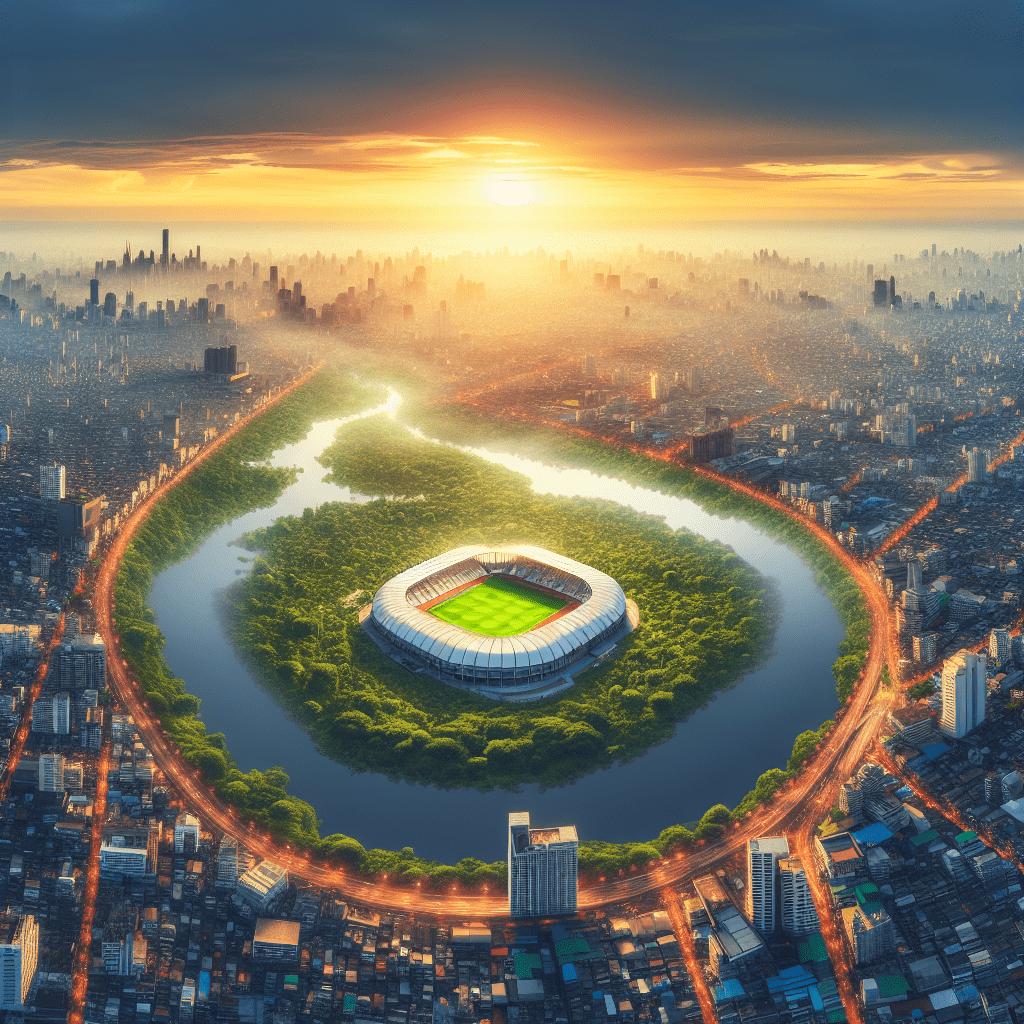Introduction to Dortmund
The city of Dortmund, located in the heart of Germany’s northwestern state of North Rhine-Westphalia, serves as a prominent hub of physical and intellectual connectivity, engineering excellence, and cultural diversity. This article intends to explore various facets of Dortmund, highlighting its history, geographical setting, economic accomplishments, cultural offerings, and sports culture.
Origins and Historical Background
Founded around the end of the first millennium, Dortmund’s early existence was closely tied to the imperium of Charlemagne. It quickly emerged as an imperial city in the Holy Roman Empire, which granted it the right to conduct trade independently. The city began to develop its imprint as an important Hanseatic League member in the Middle Ages, considerably efficient in trading beer and wool.
Emerging to the 19th century, Dortmund evolved into the Ruhr District’s principal manufacturing center, primarily dealing with steel, coal, and beer. It bore witness to the effects of World War II but managed to rebuild and reshape itself into a dynamic and diverse city.
Geographical Location
Dortmund, the largest city in the Ruhr area and the eighth largest city in Germany, is nestled in the western side of Germany. Its richly varied topography, complete with river valleys, forests, parks, and artificial lakes, offers a highly desirable living environment radiating a blend of urban modernity and natural charm. With Dortmund Airport providing domestic and international air connectivity, the city also boasts excellent rail and road infrastructure, making it a central transportation hub.
Economic Strength
Dortmund’s economy has evolved over the years. From heavily relying on steel and coal, it has transformed into a technology and service-centered city. Dortmund has become renowned for its expertise in microtechnology, robotics, logistics, and insurance services – representative of Germany’s successful shift towards the tertiary sector. Dortmund additionally serves as the home of various multinational companies, such as Signal Iduna and Wilo.
Cultural Vibrancy
Dortmund’s diverse cultural landscape spans across numerous spectrums. It ranges from prestigious museums like the Museum of Art and Cultural History and the DFB Football Museum to impressive theatrical performances at Dortmund Theatre. The city’s rich musical history, embodied by the Dortmund Concert Hall, contributes to its stature as a vibrant cultural center. Dortmund also hosts multiple festivals, the most notable of which being the Dortmund Christmas Market, attracting a vast number of visitors annually.
Sports Heritage
Dortmund is globally renowned for its vibrant sports culture, primarily driven by its association football team, Borussia Dortmund. This team competes in Bundesliga, Germany’s top-tier football league, and has achieved numerous national and international successes. The Signal Iduna Park, Borussia Dortmund’s home stadium, represents Europe’s highest-capacity football stadium and embodies an iconic symbol of Dortmund’s love for football.
Notes
Image Description
The chosen image is an aerial panoramic view of the city of Dortmund at sunset, with the thriving cityscape juxtaposed with green parks. The Signal Iduna Park, home stadium of Borussia Dortmund, can be seen, radiating its vibrant yellow construction. This striking image captures the essence of Dortmund – a city that combines bustling urban life with the tranquillity of nature and the electrifying energy of sport.
